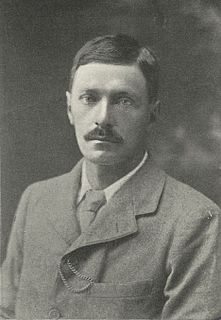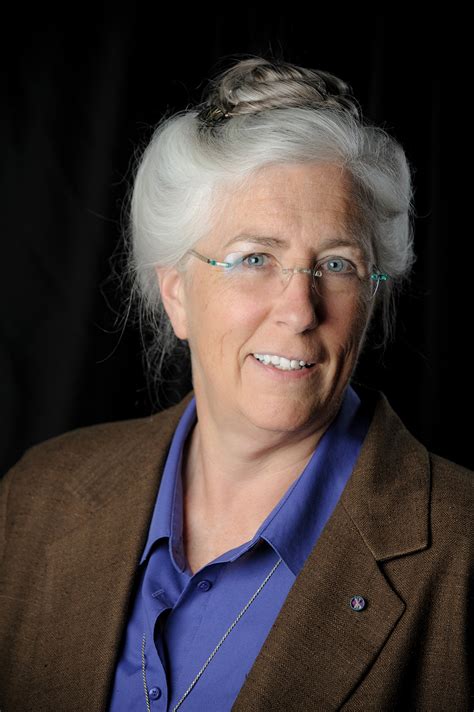A Quote by W. Somerset Maugham
We have long passed the Victorian Era when asterisks were followed after a certain interval by a baby.
Related Quotes
You've probably heard about the theory of steam-engine time - that even after the steam engine had been invented, it had to wait until people were ready to make use of it. The same thing happens in literary circles. The truth is, I'm not terribly interested in Victorian times; I'm interested in Victorian writers. I'm interested in most eras of history, but not the Victorian Era especially. I was interested in the John Franklin Expedition. I was interested in these last five weird years of Dickens' life. And I just have to take the age that comes with all that when I write about it.
I'm completely uninterested in the origins of Stonehenge. I don't care about the real story behind it or whether it should be saved or not. What I'm interested in is this: in the Victorian era, you could go there as an early cultural tourist and you were given a chisel to chip off a bit of the stones and take it with you. That's what you did in Victorian times.
Rightly or wrongly, the Victorian considered that there were certain subjects which were not meet for inter-sexual discussion, just as they held that certain processes of the feminine toilet, like the powdering of the nose and the application of lipstick to the mouth, were (if done at all) better done in private.
This is a world that is much more uncertain than the past. In the past we were certain, we were certain it was us versus the Russians in the past. We were certain, and therefore we had huge nuclear arsenals aimed at each other to keep the peace. That's what we were certain of... You see, even though it's an uncertain world, we're certain of some things. We're certain that even though the "evil empire" may have passed, evil still remains.
In the world's history certain inventions and discoveries occurred, of peculiar value, on account of their great efficiency in facilitating all other inventions and discoveries. Of these were the art of writing and of printing - the discovery of America, and the introduction of Patent-laws. The date of the first ... is unknown; but it certainly was as much as fifteen hundred years before the Christian era; the second-printing-came in 1436, or nearly three thousand years after the first. The others followed more rapidly - the discovery of America in 1492, and the first patent laws in 1624.







































